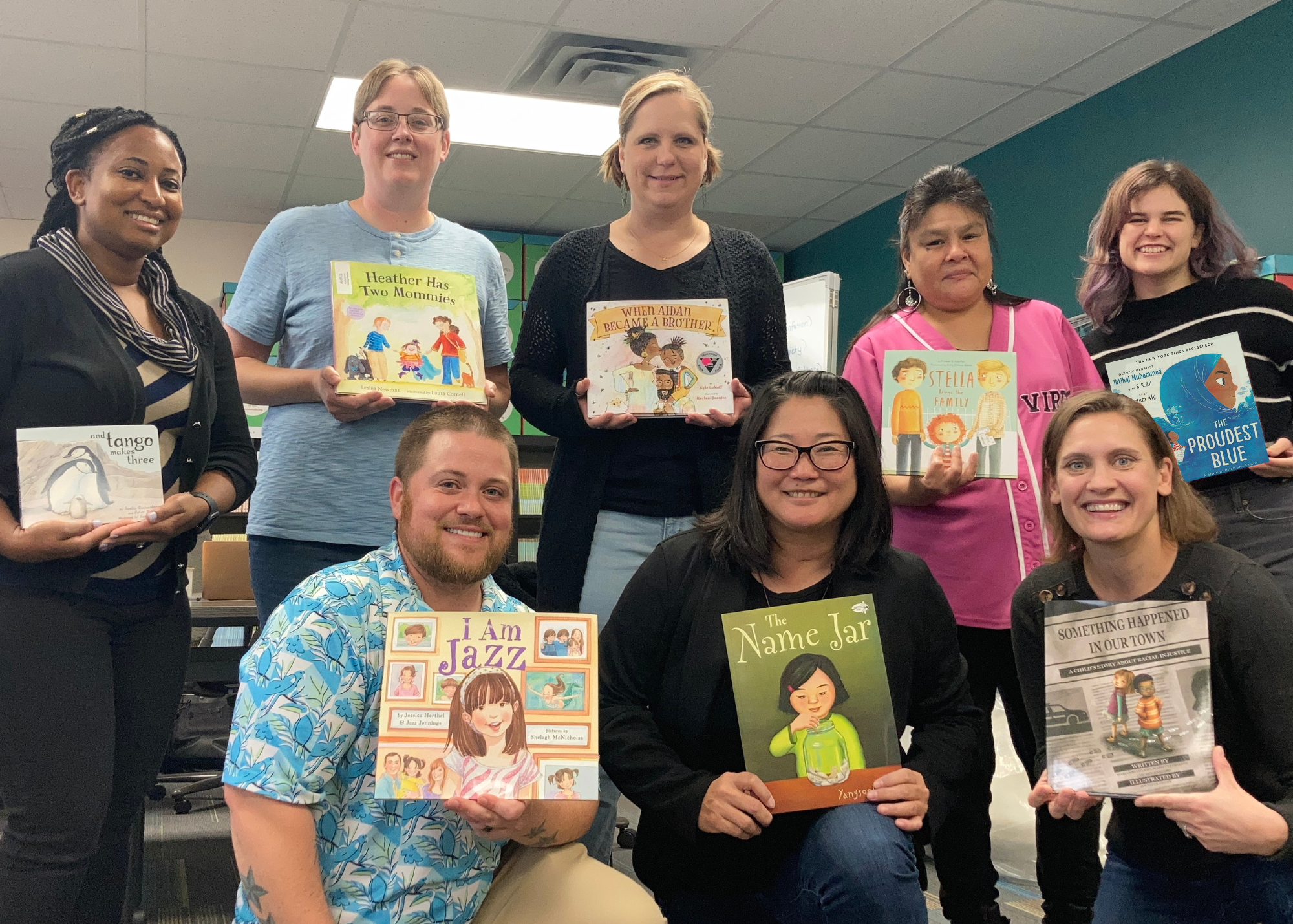
Banned Books Week was October 1-7, a week that brings attention to the harm of book censorship and uplifts community efforts to keep stories accessible. We’re not done celebrating books that bring belonging to life. This month’s newsletter is all about highlighting the ways that books, including banned books, can help create the conditions of belonging for all.
AmazeWorks was founded on storytelling. We’ve always used picture books to give children mirrors of their own lives and windows into those different from them. The books in our curriculum provide invaluable identity affirmation for people across racial, gender, sexual, and countless more identities. We won’t remove our banned books because we’ve seen the ways they bring belonging to life.
That’s why we’re excited for our #BooksForBelonging campaign. Give to the Max season starts on November 1, but if you give today, we’ll count your donation toward our Give to the Max goal. Help us raise $15,000 by November 16 to keep AmazeWorks books in classrooms across Minnesota and the US. Because all children (and adults!) deserve to see themselves on the page of a book. 📚❤️
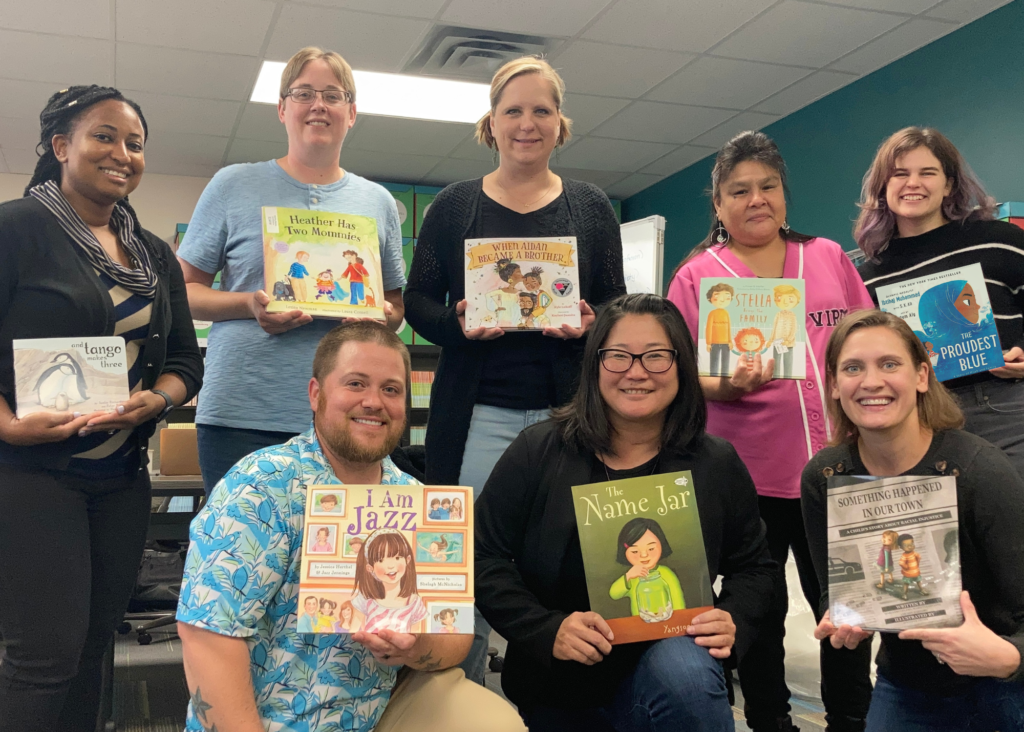
At AmazeWorks, we proudly carry many banned books in our curriculum and programs that affirm different racial, gender, and sexual identities. This month, we’re highlighting two frequently challenged books and their AmazeWorks lessons.
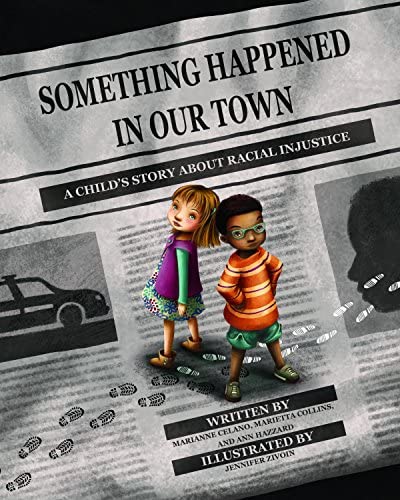
This book provides an opportunity to talk frankly with younger children about police violence against Black/African Americans. Discussing race in America and the impact of racism on communities of color is something that ALL families must do and something that many families of color must do in order to protect their children from racial bias and injustice.
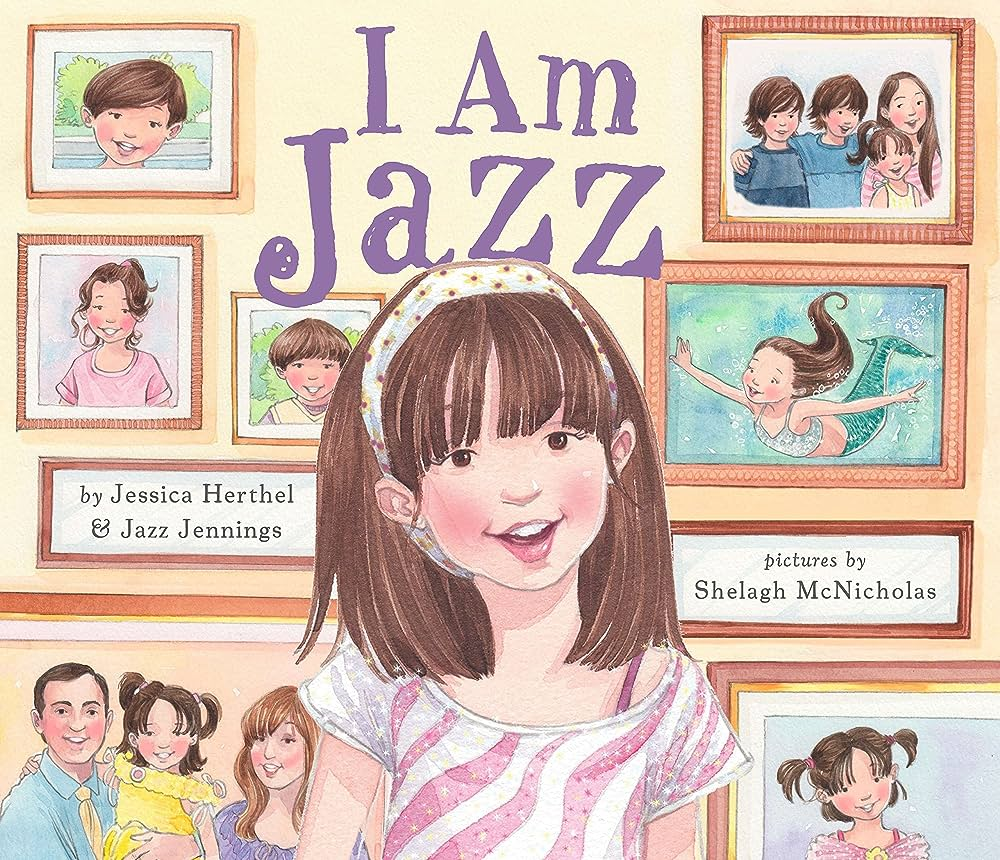
It is important for children to see different gender identities reflected positively in order to affirm each child’s own identity and build respect across differences. This book touches on the bias-based mistreatment transgender children receive from adults and peers while highlighting a positive self-identity.
Sydney Carlson knows the power of regular, intentional conversations about racial identity and difference. In 2016, Sydney worked at J.J. Hill Montessori Magnet School in St. Paul, Minnesota. When Philando Castile, the school’s nutrition services supervisor, was a victim of police brutality, she mourned his life alongside her school community. There were open discussions among students and adults across racial identities about the tragedy. The community came together to remember Castile’s life and impact on the school.
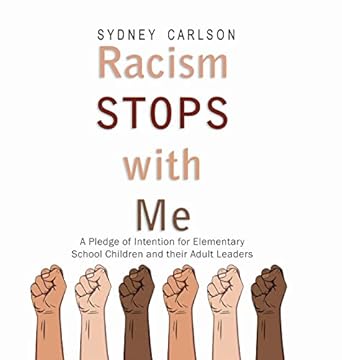
After George Floyd’s murder in 2020, Sydney saw a different response in her school community. She then worked at an elementary summer program in Minnetonka Public Schools and was the only Black person on the staff among mostly White students. “I heard nothing about the George Floyd murder,” she said. Despite being only twenty minutes from the sight of Floyd’s death, an event that garnered international attention and calls for racial justice, Sydney’s community was silent, seeing themselves as unaffected by the news.
We know this work isn’t easy. Anti-bias educators across the US are facing pushback from sharing banned stories in their classrooms. Here are some actions you can take to keep banned stories alive that don’t put your teaching job at risk:
We take this seriously because a book ban is more than the removal of a book from a classroom or library. Book bans teach children that some stories are more worthy of being shared than others. We know that this couldn’t be further from the truth.
All children deserve to see themselves on the pages of a book. Sharing stories helps to bring belonging to life. And when we belong, we thrive.